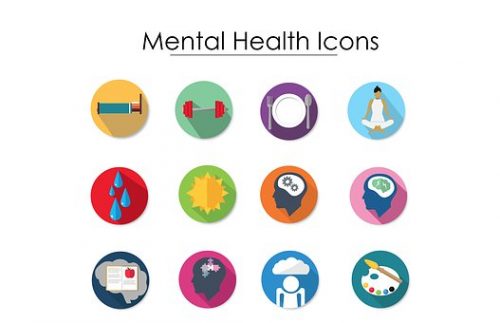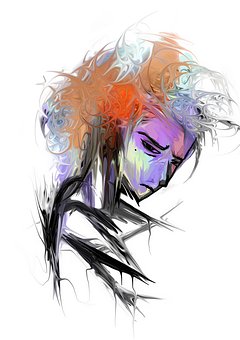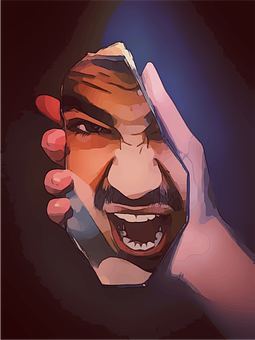 Source: pixabay.com
Source: pixabay.com
Sometimes, we get so blinded by temporary happiness and comfort that we fail to see how bad some of our relationships have become. Be it a relationship with your significant other, with your family, or with your friends, warning signs can still arise.
Part of taking care of our mental health is knowing and acknowledging when our relationships have become toxic for us. “Relationships in and of themselves do not create mental illness.” However, he adds, “When we suffer in our relationships, it can be difficult to move forward from past hurt and trauma.” Jor-El Caraballo, LMHC said. With that, below are just some red flags we must not ignore:
Passive–Aggressive Behavior
When the other person continually says nothing is wrong even when you know and ask about it is already a telling sign. It means that the person is punishing you by putting you in the silent treatment. This behavior doesn’t leave room for conflict resolution. Instead, it makes you feel as if you’re overreacting for feeling the way you do. If you feel like the person always shuts you down whenever you try to talk, you may be in a toxic relationship.
Walking On Eggshells
If you must always overthink the littlest actions in fear that the person might misunderstand and make a big deal of it, think twice. Communication and trust are the foundations of healthy relationships. A toxic situation can involve your always having to predict and avoid what might make that person angry.
 Source: pixabay.com
Source: pixabay.com
Becoming Isolated
If a person discourages you from spending time with other people close to you, it is a red flag. A bigger problem to this is when you are so exhausted that you stop making efforts to see other people you love.
Criticism And Contempt
There is absolutely nothing wrong with constructive criticism meant to help you improve and realize your mistakes. However, when criticism is being used as a channel to express contempt, it might make you feel unappreciated and worthless. By then, you will realize that the line has been crossed from criticism to insult. If the person constantly insults and puts you down as a “joke,” it might be time to rethink your relationship.
You Are Not Yourself
It’s not to say that change is bad. In any given relationship, you are bound to change one way or another. But this change must be in sync with the other person and push you toward becoming a better you. It should not make you feel as if you are losing yourself. It manifests whenever the person is trying to dictate what you can or can’t do. Do not wait until you no longer recognize who you are.
 Source: pixabay.com
Source: pixabay.com
You Always Feel Bad
You don’t look forward to spending time with the person anymore. You always feel like you cannot do anything right. At this point, all blame goes to you instead of realizing what the person did. It is how a toxic relationship lasts since the burden of staying and fixing the relationship is irrationally shifted to you alone. “Become aware of your emotions and allow yourself to feel them. Mindfulness is the main goal here, and bottling up emotions won’t do any good.” A piece of advice from Heather Edwards LMHC, NCC, BCC.
You Stop Saying What You Need
When you have been mocked continuously for your needs for connection, affection, and appreciation, you will end up empty. It can be because the other person always meets your needs with arguments, insecurity, accusations, empty promises, or jealousy. What this does is cause you to ignore the need even to communicate your thoughts. You feel as if there is no longer a point to it.
“There are many types of toxic relationships such as a controlling or manipulative, negative, self-centered or narcissistic, dishonest, insecure, abusive, blaming or demanding and competitive, and secretive, and dramatic,” Catherine Jackson, a licensed clinical psychologist and neurotherapist said. In freeing yourself from any toxic relationship, the first step is admitting that there is a problem. Letting go of relationships is never easy, but you must find the courage to put yourself first, to take care of yourself, and to get the help you need. Here’s to building healthier connections!